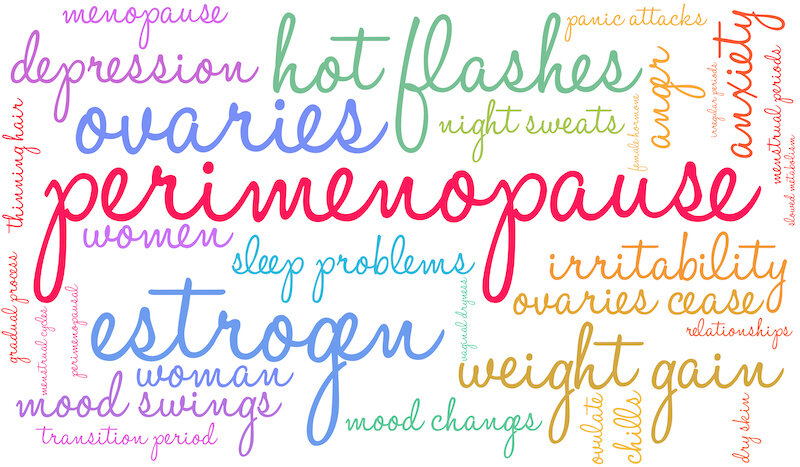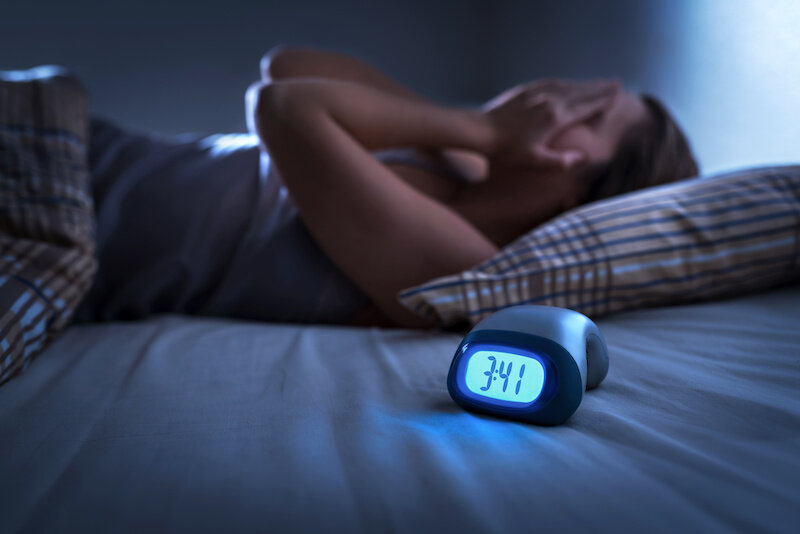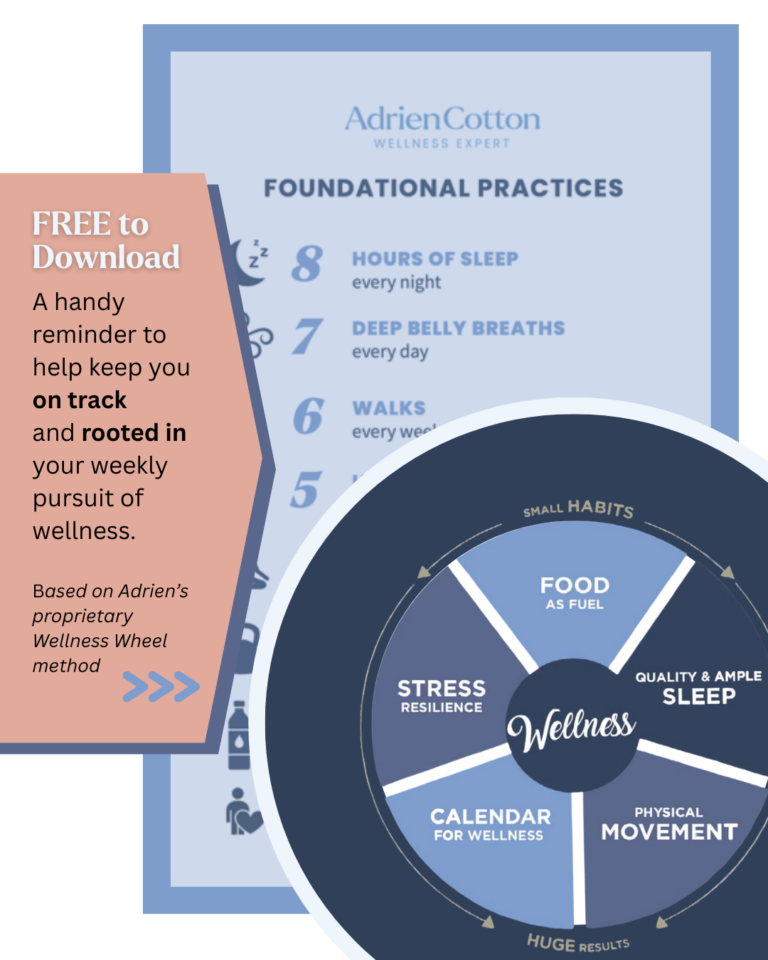If you are approaching 40, in your 40s or early 50s: heed my advice. Peri-menopause is real, can be painful physically and emotionally and there are simple and dignified steps you can take to improve your well-being. I’ve been there.
Join our newsletter below to get regular tips on how to achieve that optimal wellness and get a Free 5 Minute Flow.
Every one of us will, or has, gone through it. Some endured and “muscled” through it. Some didn’t seem phased. Some are in it now. Naturally, too, some of us deny we are “in it.” Why? Because we are afraid to talk openly about anything “down there?” Or perhaps it is a first sign of aging?
Whatever the reason, it is time for a discussion of not only relief yet also how peri-menopause can lead to serious emotional and physical health issues if left unaddressed.
Peri-menopause is the transition leading to menopause – when we stop having our cycle for one complete year. And those menopausal symptoms like hot flashes, sweats, and disturbed sleep can last up to 10 – even 15 – years or more. It is nothing shy of a roller coaster ride. It can start in your mid-30s yet is more typically associated with the changes in the late 40s.
Symptoms include, yet are not exclusive of the following. Any of these sound familiar?
- Insomnia
- Sleeplessness
- Sudden panic attacks
- Depression
- Chronic anxiety
- Moodiness
We are aware of the body changing (that hard to lose belly fat)/life changing, and much more discussed, phase of womanhood called menopause. Yet simply waiting for your period to be over for a year can seem – and really be – the longest year(s) in your life! I should know. I started my peri-menopause journey at 35.

The symptoms for peri-menopause can come so much earlier than that erratic cycle. It is silent yet can be emotionally draining for many reasons. During peri-menopause your hormones swing immensely and can lead to any of the symptoms above. Your levels of progesterone typically decline, while estrogen levels remain stable or even increase.
Sadly, antidepressants seem to be the first remedy offered by the medical community when a woman finally raises her struggles of sleeplessness, moodiness, hot flashes, and sweats, with her doctor. And those antidepressants come with side effects like loss of interest in sex, inability to have an orgasm, and weight gain (belly fat on top of belly fat).
Three of the more common symptoms for peri-menopause are anxiety, depression, and headache. This is largely due to the fact that your hormones are not being produced in a consistent way anymore. They are too high, then too low, and then too high again. Simply put, the brain is mad and confused. It used to be a consistent and predictable monthly cycle, even around the same time of the month.
During peri-menopause our cycle tends to be more like a roller coaster ride at Kings Dominion: heavy some months, lighter during others, on schedule or erratic, and really everything between. The only thing about them that’s predictable is that they are well… unpredictable.
Fluctuation of hormones can cause the following:
- Breast swelling and tenderness
- Mood swings
- “Fuzzy thinking”
- Irritability
- Trouble sleeping
- Bloating and water retention
- PMS
- Weight gain
- Loss of sex drive
- Decreased sexual response
- Decreased sensitivity in your erogenous zones
- Decreased sense of well-being, energy, and ambition
- Depression
- Loss of or thinning pubic hair
- Hot flashes
- Night sweats
- Vaginal dryness
- Decreased energy and ambition
- Dizziness
- Headaches
- Mental confusion
- Urinary incontinence
- Recurrent urinary tract infections
- Increased susceptibility to vaginal infections
Another cause of frustration, illness and lack of wellness can be directly related to your sleep. When we sleep, our body not only restores, yet our brain carries out vital functions that, when left interrupted or undone, are dangerous to your health.

Sleep is essential for maintaining a healthy immune system, body temperature, blood pressure, and yes, a “fit” body. Without consistent and adequate sleep, we aren’t able to recover well from injury or stressful events.
Quality sleep also likely reduces a person’s likeliness of developing dementia and quality sleep actually causes a beautiful “cleanse” of the toxins in your brain.
Join our newsletter below to get the latest on our events, our tips, and get a Free 5 Minute Flow, the mainstay for my life.



